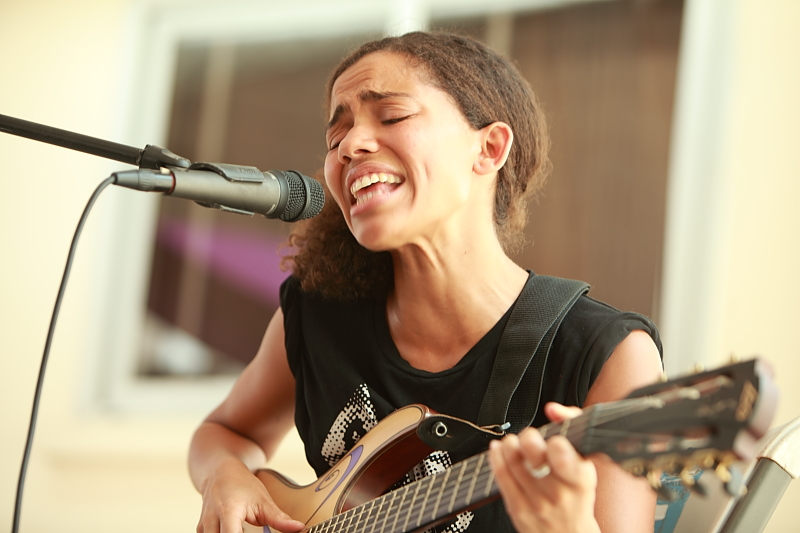On February 16th, 2012, Africa Women's Development Fund out-doored NNEKA (one of my favorite Nigerian artists) as their first Ambassador of the Arts. NNEKA was born in Warri, Oil City in the Delta region of Nigeria at the height of its new found wealth in the mid 70s. Her lyrics…
-
-
African Feminism - Afrofeminism - Blog - Gender and LGBT Issues - Interviews - LGBT Africa - New Media - Special Series
Kitchen Table Conversations: LGBT African Diaspora Speak on Culture, Queerness, and Media
In partnership with Women, Action, and the Media (WAM!), I’m hosting a virtual panel that features the perspectives of LGBTQ African Diaspora on African culture, queer identity, and the media. The focus of the panel will in part be driven by pre-submitted questions from listeners, but will also aim to highlight the…
-
To Hell With Mainstream Press Coverage: Women, People of Color, and Trans People Should Create and Control Their Own Media Stories
As leaders of social change, we aren't in a position to suffer "bad" press -- which in our field, often means mis-informed, mis-quoted, downplayed, and at times, downright inaccurate press coverage on the social justice issues we care about. Our causes -- "brands" for the sake of argument -- aren't…
-
Uncategorized
03/25/10 – Leveraging Social Media to Create Social Change – Simmons Institute for Leadership and Change – Boston, MA


